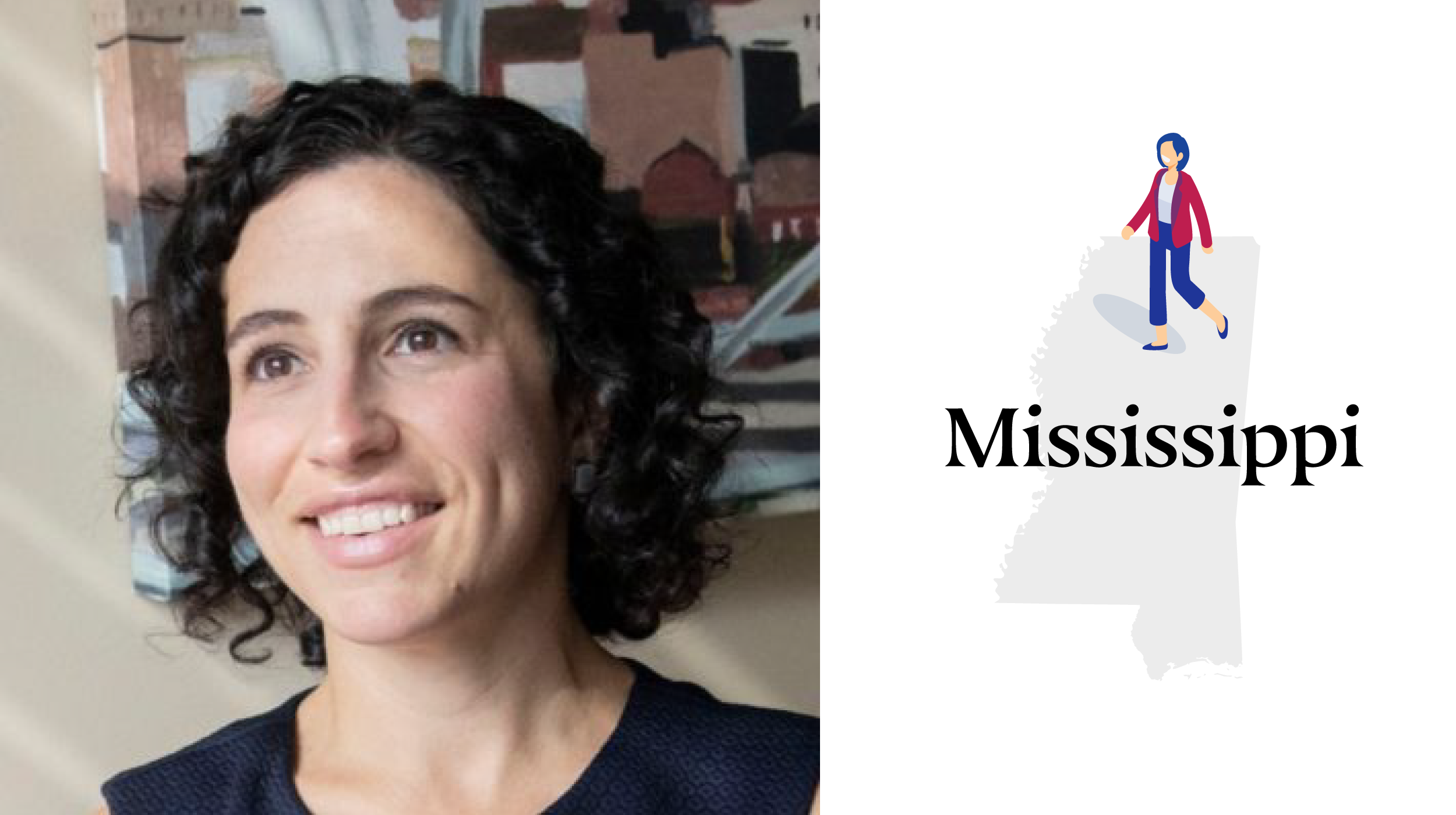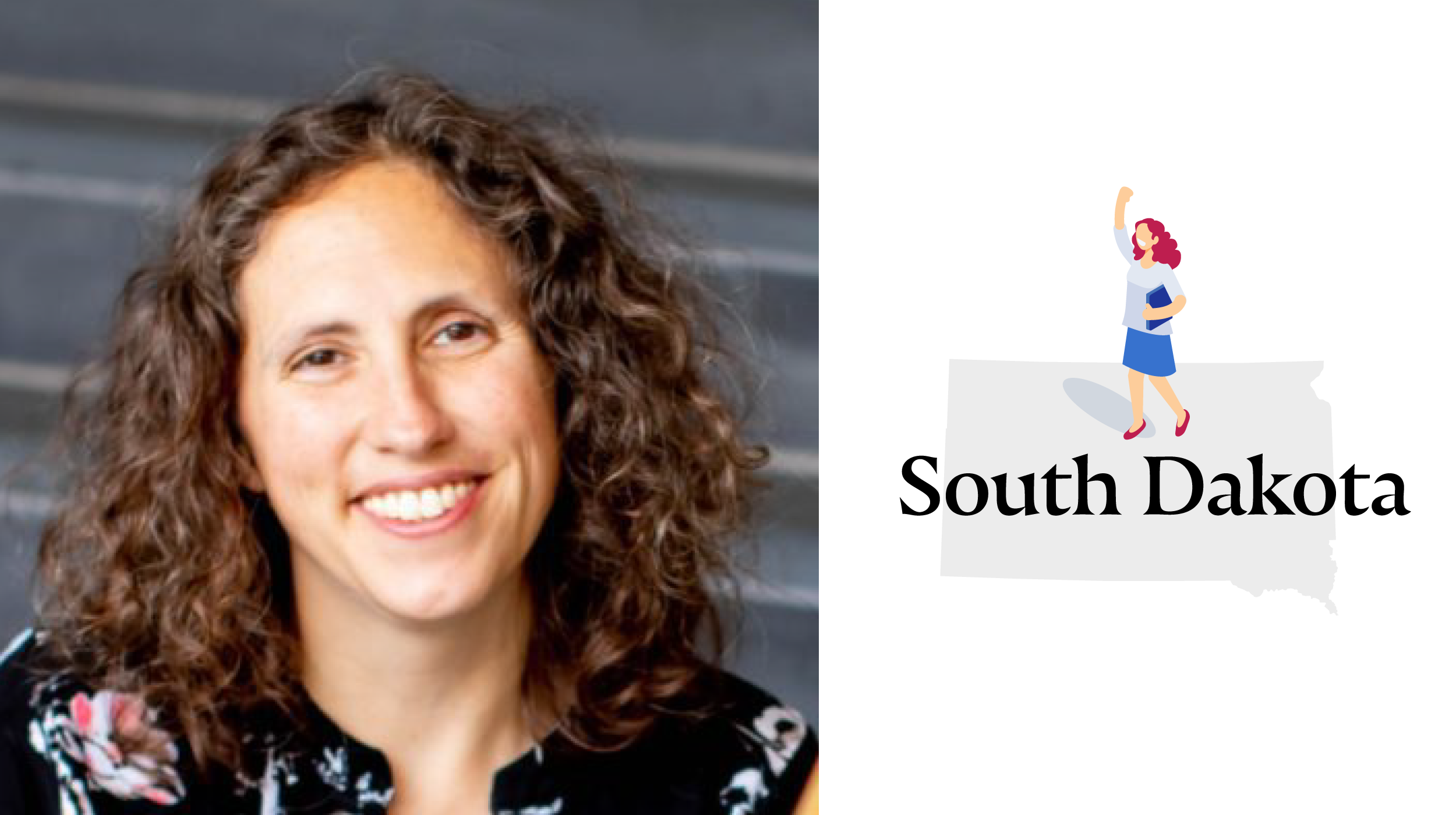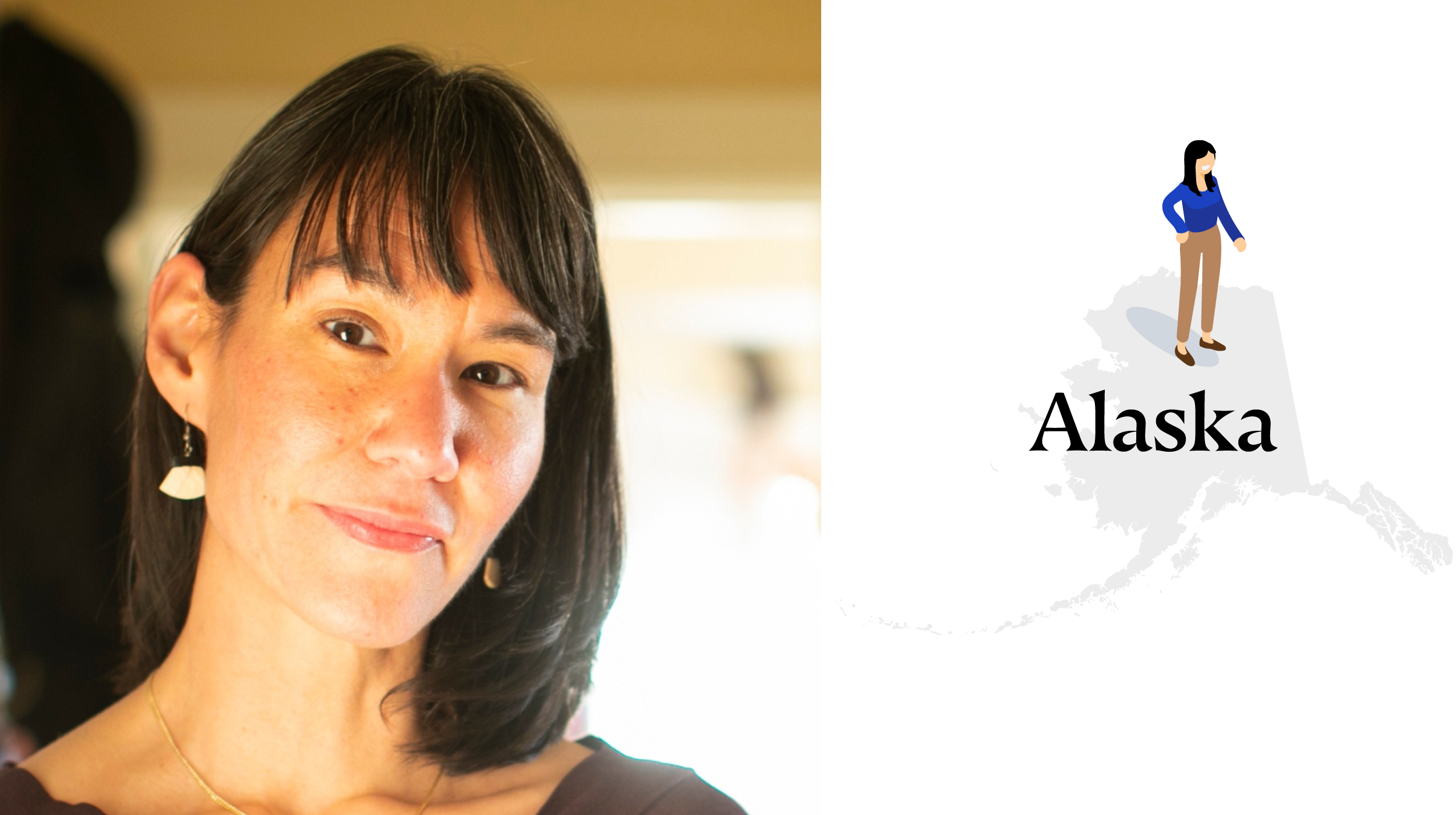Originally published on April 3, 2020 by The Harvard Gazette.
The spread of COVID-19 is quickly changing the way that nearly all organizations operate, especially groups committed to public service and social support systems. The Gazette spoke to some of the Harvard students, alumni, faculty, and staff from the “To Serve Better” project about how the global pandemic is affecting their community-focused organizations.
Emily Broad Leib
Harvard Law School
Clinical professor of law, director of the Harvard Law School Food Law and Policy Clinic, and deputy director of the Harvard Law School Center for Health Law and Policy Innovation
GAZETTE: How is coronavirus impacting the Mississippi Delta Project?
BROAD LEIB: While my work with the Mississippi Delta Project has not changed or shifted yet, Harvard’s Food Law and Policy Clinic has been busy developing resources and undertaking emergency response efforts to address COVID-19. For example, we have been urging closed universities and institutions to donate their excess food to emergency food-assistance institutions. To assist with this we’ve created an easy-to-understand guide full of important links and tips. We also developed one issue brief outlining ways that Congress and the USDA can support local and regional food systems and farmers in the wake of the crisis, and another issue brief on ways that the government can leverage existing systems to deliver food to families in need. Last week, we wrote about these and a range of other concerns as the pandemic’s impact on our food and agricultural systems evolves. Our current research and response efforts will enable us to better support our Mississippi Delta Project partners in the coming months. As they face new challenges stemming from COVID-19, we are prepared to help.
GAZETTE: How is your community pulling together right now?
BROAD LEIB: We are collaborating with a number of food-system stakeholders, such as ReFed, a nonprofit committed to reducing food waste, Feeding America, which is a national network of food banks, and National Sustainable Agriculture Coalition, a group of grassroots organizations advocating for better food and agricultural policy. Together, we are working to identify high-priority food-system issues that have surfaced due to COVID-19. In the coming weeks, we plan to continue working with our partners, including those in the Mississippi Delta Project, to see how we can best support their work during this public health crisis.
GAZETTE: What brings you joy at the moment?
BROAD LEIB: I’m certainly finding moments of joy. This has been a hard time and a difficult adjustment for everyone, but I am in a better situation than many, and I feel grateful for that. I am also amazed to see some of the ingenuity in how businesses, communities, and state and local governments are reacting to try to lift up and help those in need. For example, we have seen event venues, hotels, and universities such as Harvard, Tufts, and Boston College donate their surplus food to local food banks as they closed their doors or shifted to remote learning. We have heard from many emergency food organizations that they are changing their practices to make it easier to get food to vulnerable people in their homes. Neighbors are trying to find ways to help each other with food purchase and delivery. Many organizations are setting up resource pages and hotlines. There is so much need and the challenges will continue to grow for those affected by the virus or by the economic fallout, but as a start it has been incredible to see the many ways that communities are working together during this unprecedented time.
Marnie Gelbart
Harvard Medical School
Director of programs for the Personal Genetics Education Project (pgEd) at Harvard Medical School, and a co-principal investigator of Building Awareness, Respect, and Confidence through Genetics (ARC)
GAZETTE: How is coronavirus impacting your work with pgED?
GELBART: The pgEd team has the luxury of being able to work remotely, and so we started shifting to our home offices early in March. Like so many other people, we’ve had to clear a lot of activities we had planned from our calendars. It’s disappointing for sure, but the right decision in the interest of public safety. The silver lining is that pgEd is able to focus our energies on creating digital resources that will allow us to engage with more people — now, while we are in the mode of physical distancing, and in the future.
GAZETTE: How is your community pulling together right now?
GELBART: First and foremost, people are looking out for each other and sharing information. And, in the HMS Department of Genetics (which is home to pgEd), we’re seeing researchers in the labs collecting personal protective equipment and reagents and donating them to hospitals, where they are urgently needed. In terms of pgEd’s community, we do a lot of work with schools, many of which who are grappling with how to run virtual classrooms and offer educational enrichments online. We hosted our first virtual workshop for teachers on March 31, and we’re looking to add on a series of teacher chats, as a space for teachers to ask questions of one another and exchange ideas. And pgEd is fortunate to be working with energetic collaborators, who are eager to find new pathways for continuing our work together. One example is the amazing team from the PBS station in D.C., WETA, which will be broadcasting the new Ken Burns film, “The Gene: An Intimate History,” on April 7 and 14. We’ve been partnering with WETA on their public-engagement initiatives and teacher programming around the film, and the COVID-19 situation has thrown a wrench in many of those plans. So we are seeing this as an opportunity to get creative.
GAZETTE: What brings you joy at the moment?
GELBART: That’s a great question. I have two answers. The first is finding all sorts of new ways to socially connect while we are physically distancing ourselves. At lunchtime today, I took a break with my kids to join a live-streaming exercise session with [the online children’s physical activity program] BOKS Kids. And that leads me to my second answer — my family. I am enjoying every minute with my kids that is taking the place of the 10 hours each week I usually spend commuting.
Joan Kane
Harvard College and the Radcliffe Institute for Advanced Study
Author of poetry and prose collections including “Hyperboreal” (2013) and “Another Bright Departure” (2019), Kane is the 2019‒2020 Hilles Bush Fellow at the Radcliffe Institute for Advanced Study
GAZETTE: How is coronavirus impacting your work?
KANE: Cambridge Public Schools has transitioned to homeschooling, which means that my work is limited to a few hours a day at best. However, we now incorporate Inupiaq language into our daily lives. My sons and I set aside time every day to write and read. My big projects — an essay collection, a longer nonfiction work, and a book of poems — have taken a backseat to family well-being. The situation gives me new insight into the lives of my grandmother and other survivors of the 1918 flu pandemic. It also has caused my sons and me to devote extra hours before Radcliffe [went remote] to digitize the King Island Inupiaq Dictionary draft we’d envisioned as a yearlong project.
GAZETTE: How is your community pulling together right now?
KANE: Indigenous communities are pulling together to practice social distancing to protect our elders. As a writer and a teacher of writing, I’ve been encouraging the writers I’m working with to take the time to ground themselves in their current manuscripts. I’ve also been reading books more devotedly and have encouraged others to do the same. It’s healthy for one’s perspective.
GAZETTE: What brings you joy at the moment?
KANE: The words of others bring me joy right now — my children with me, their patience, and the way their conversations with family and friends over FaceTime and the facility with which they have continued to connect with others through language is astonishing. I am also grateful for the generosity and patience I have seen in others to so many during this time. As a single mother practicing social distancing, it can be hard to think of indefinite amounts of time like this, but to see the necessity and difference of intentional behavior is quite compelling.
Learn more about Broad Leib, Gelbart, and Kane’s work at toservebetter.harvard.edu.
Interviews were edited for clarity and length.





Health Law & Policy, Commentary
Braidwood Management v. Becerra: Updated FAQs for Health Advocates and Providers
April 23, 2025